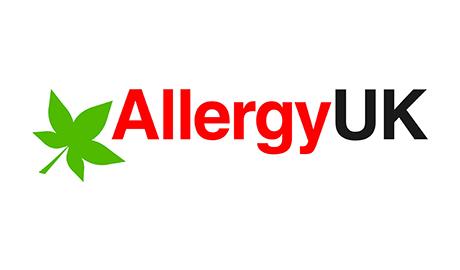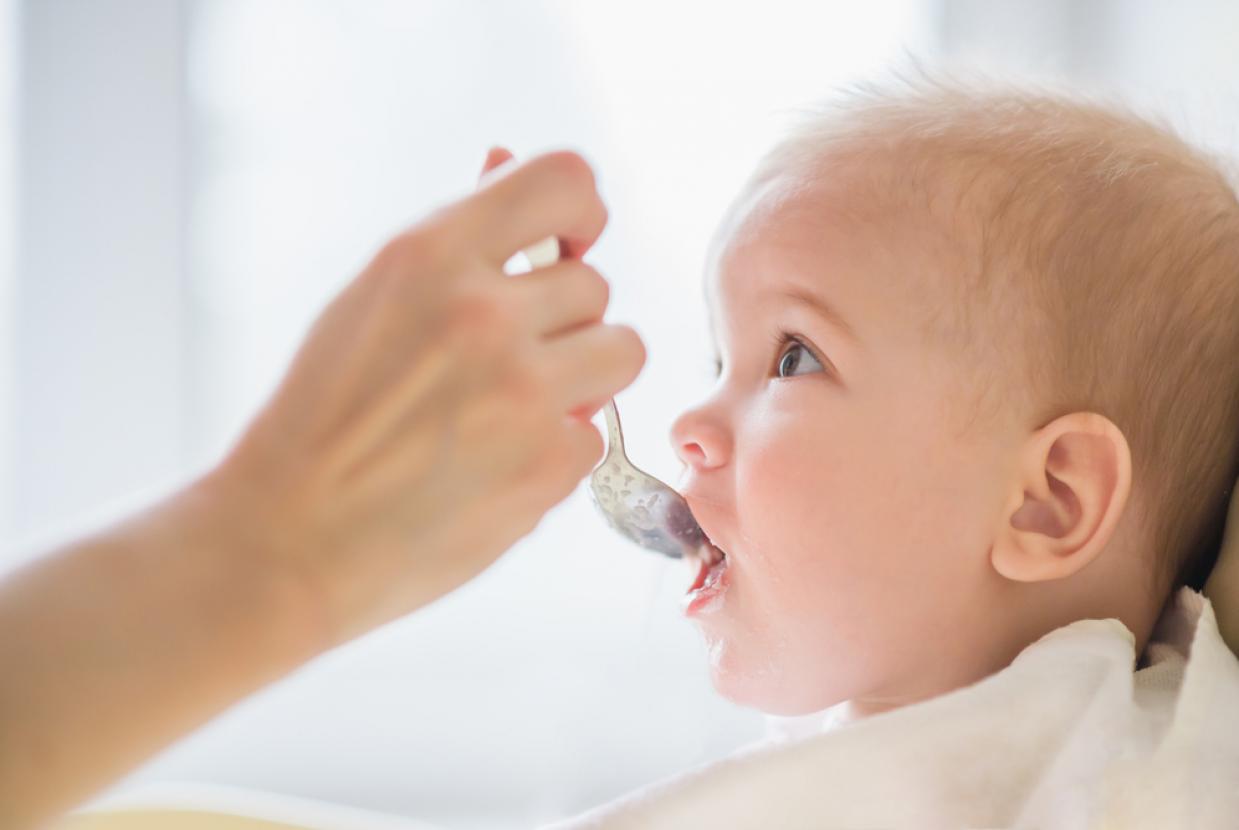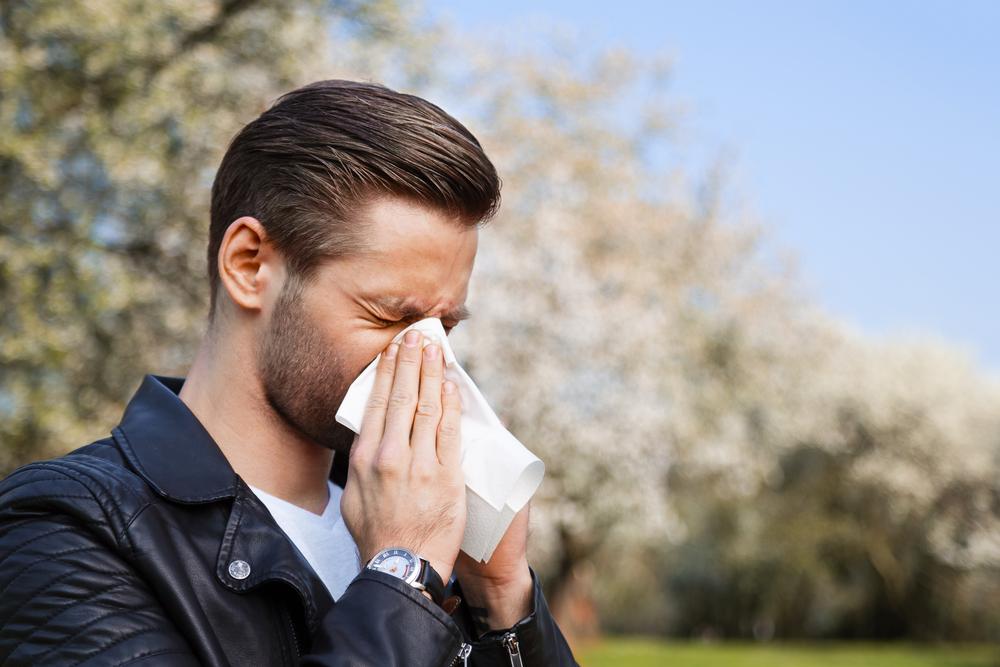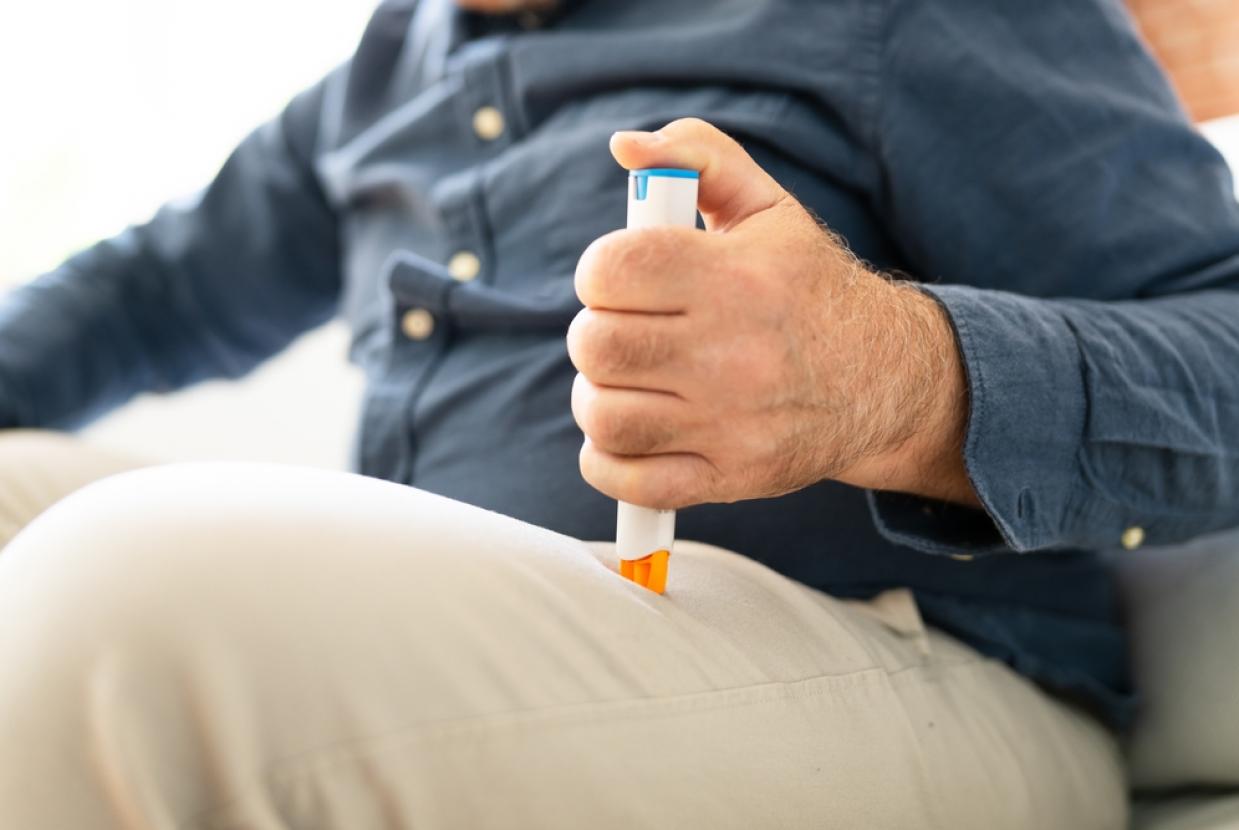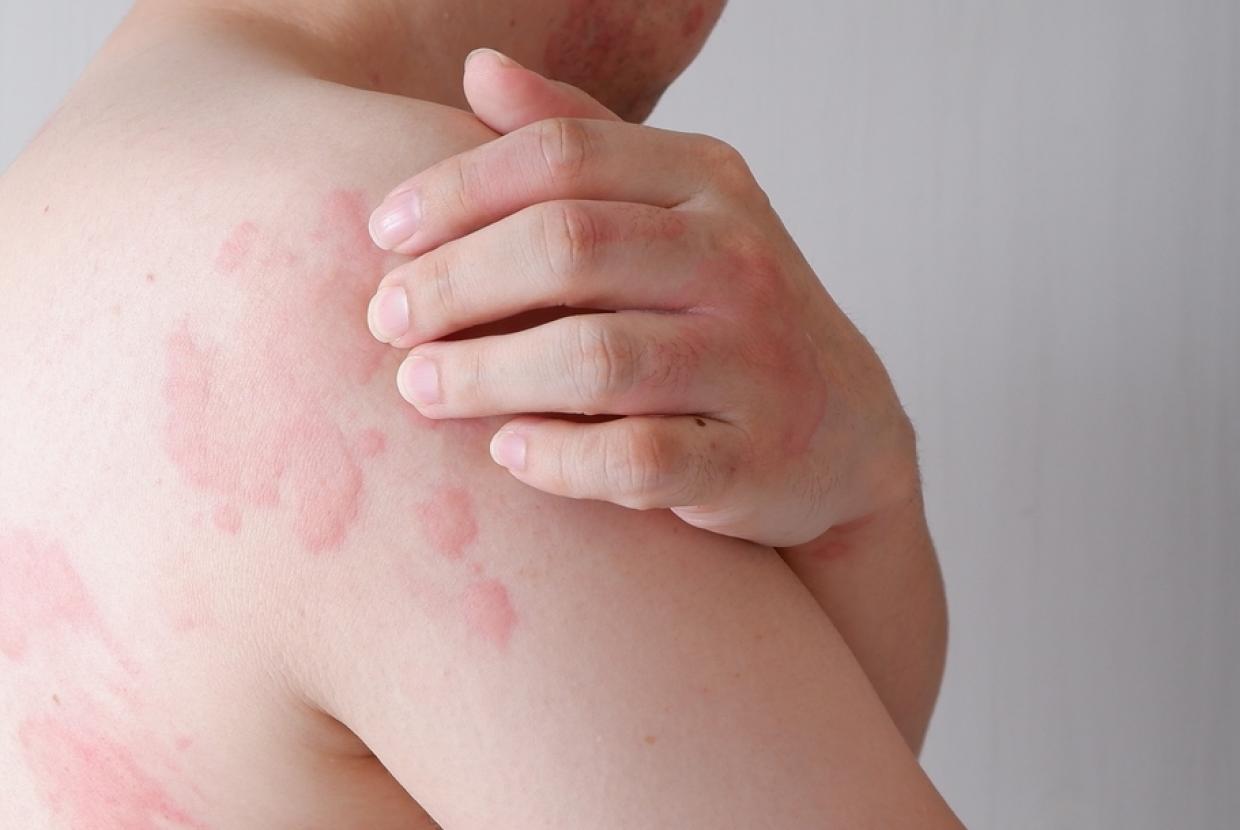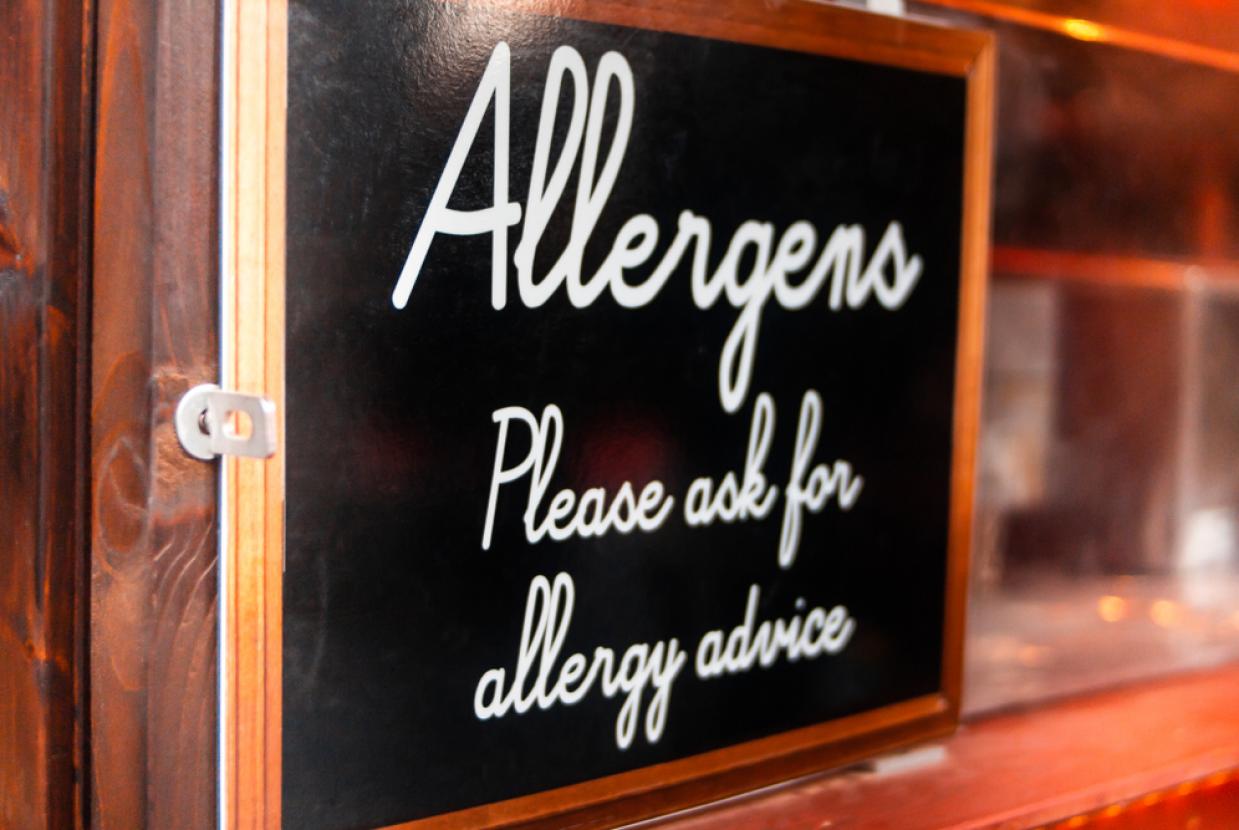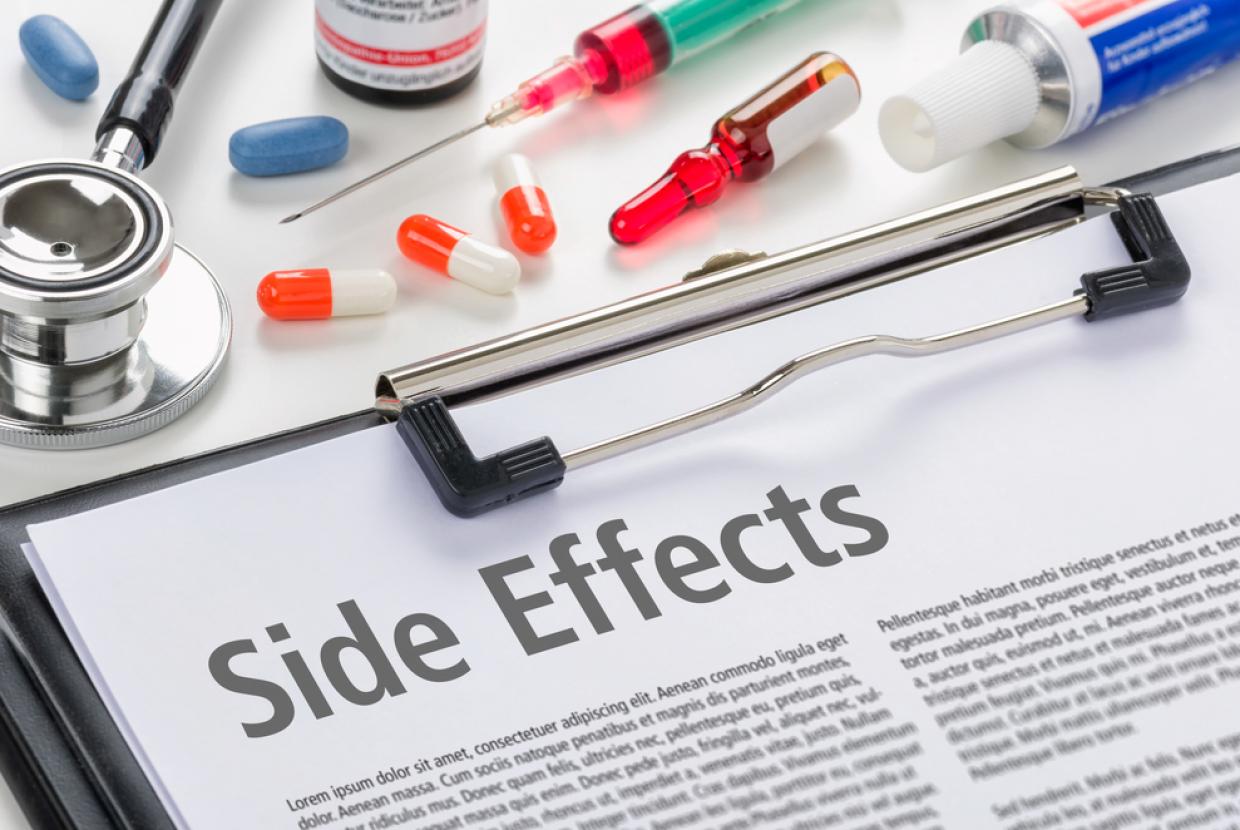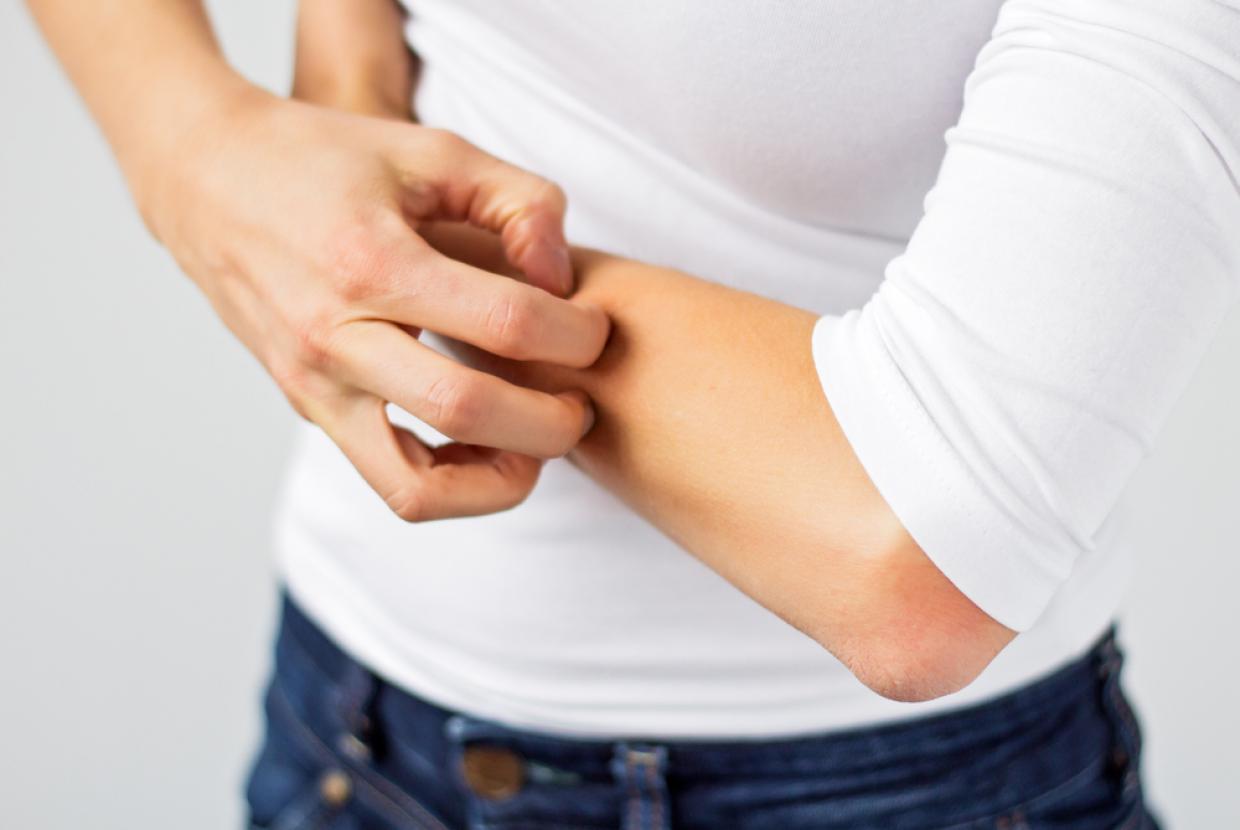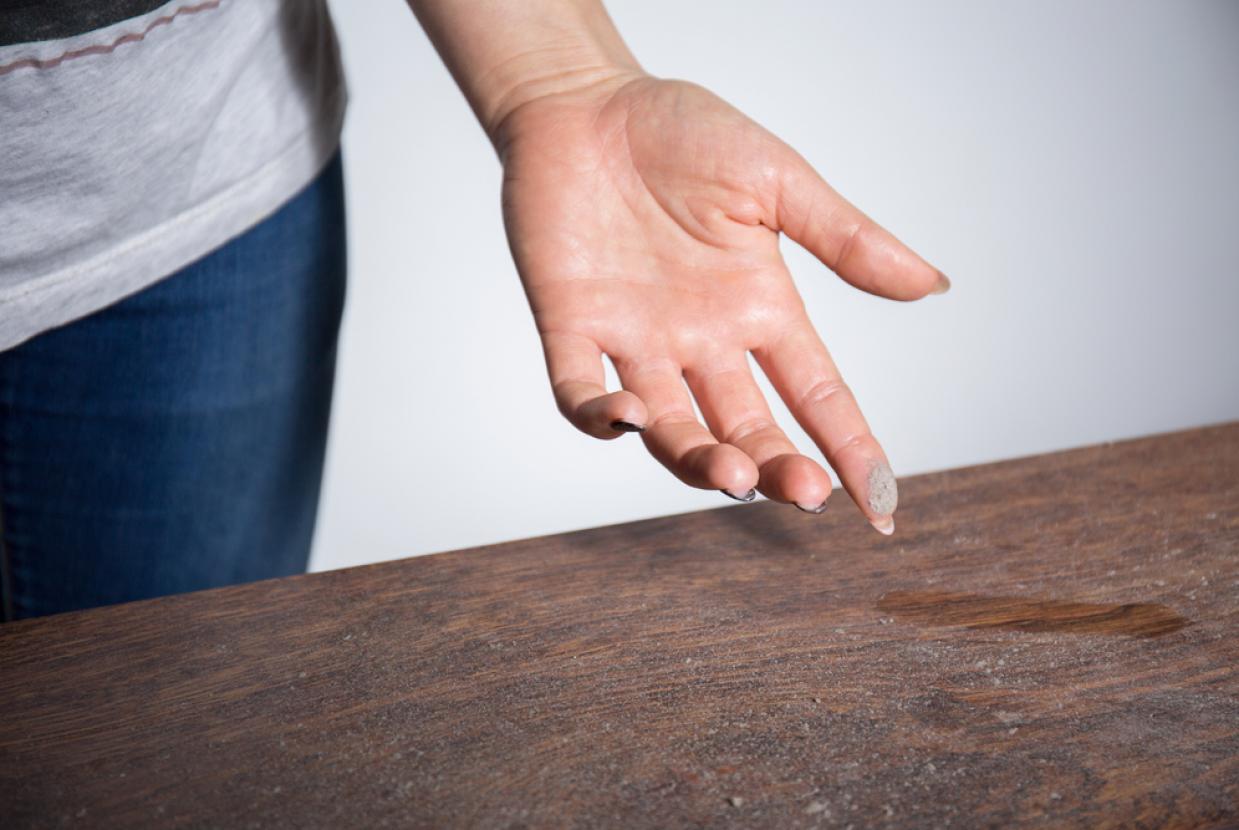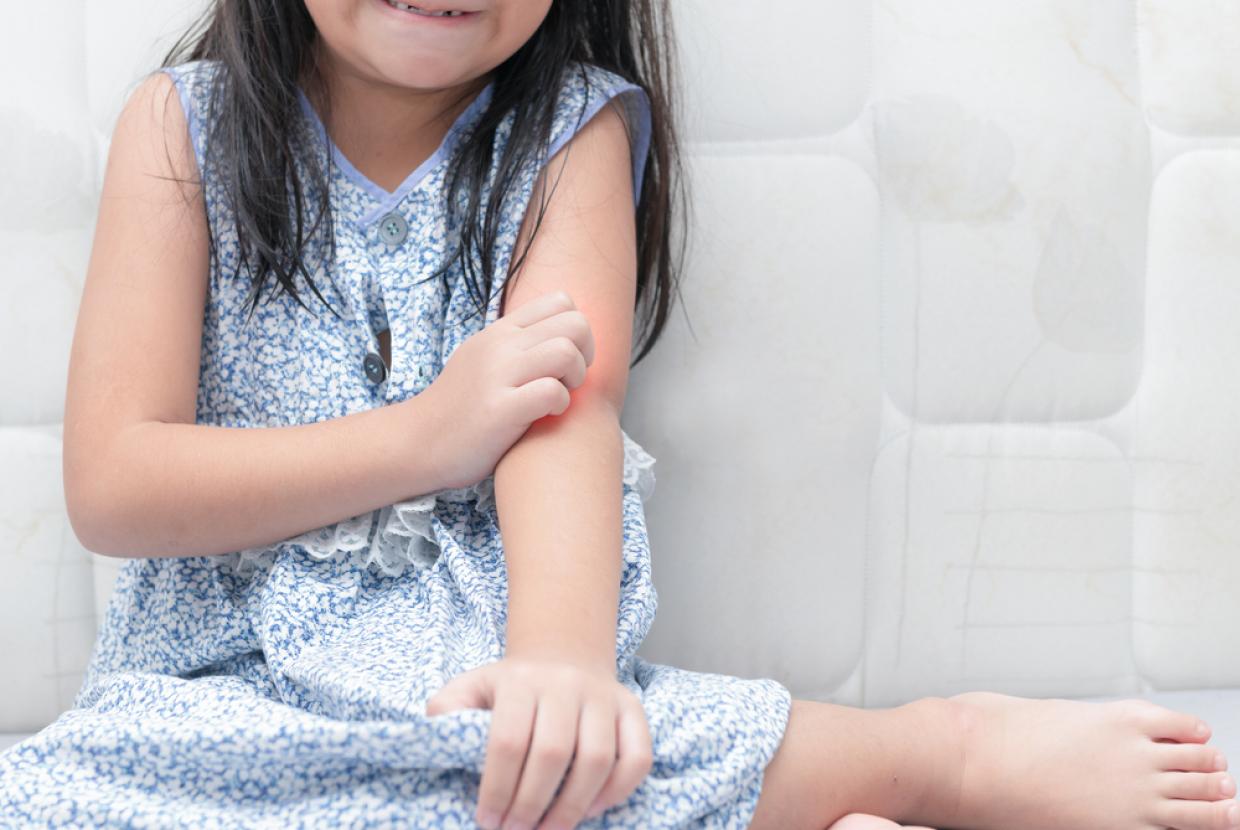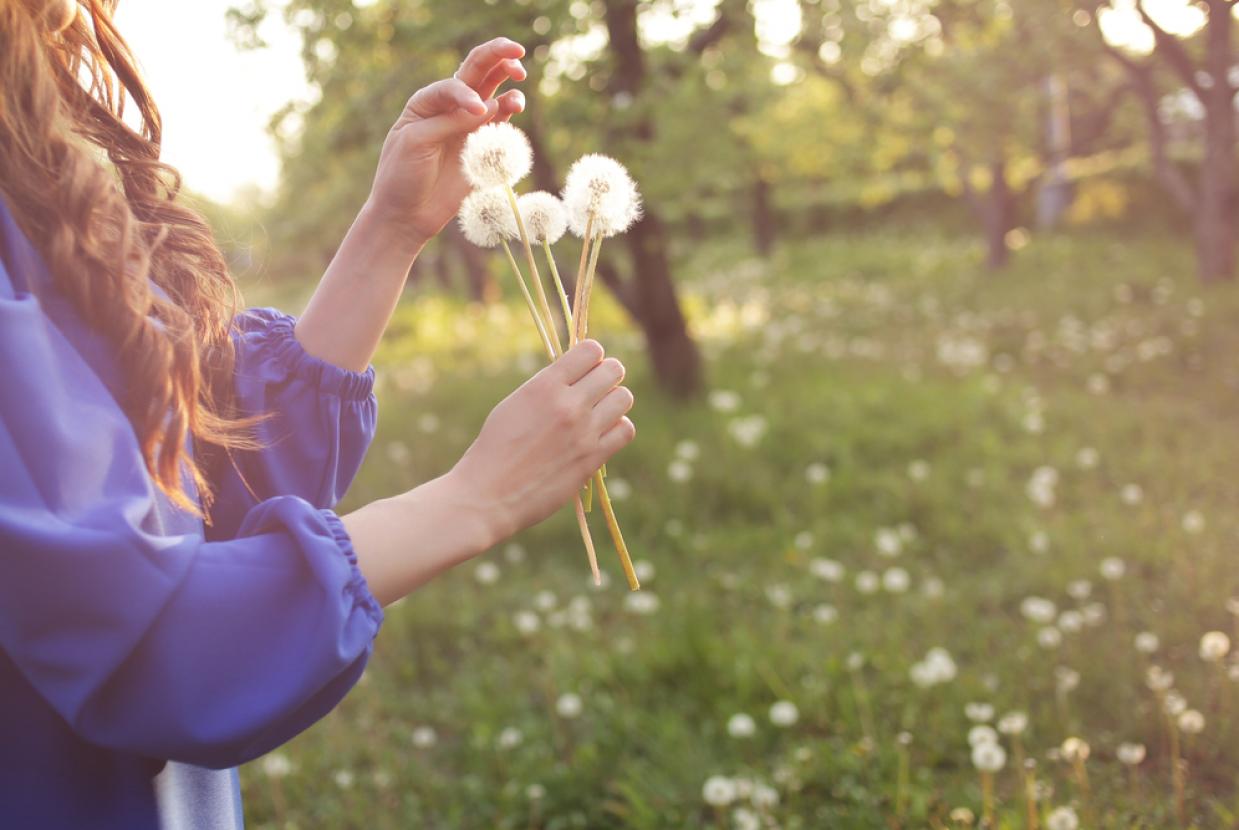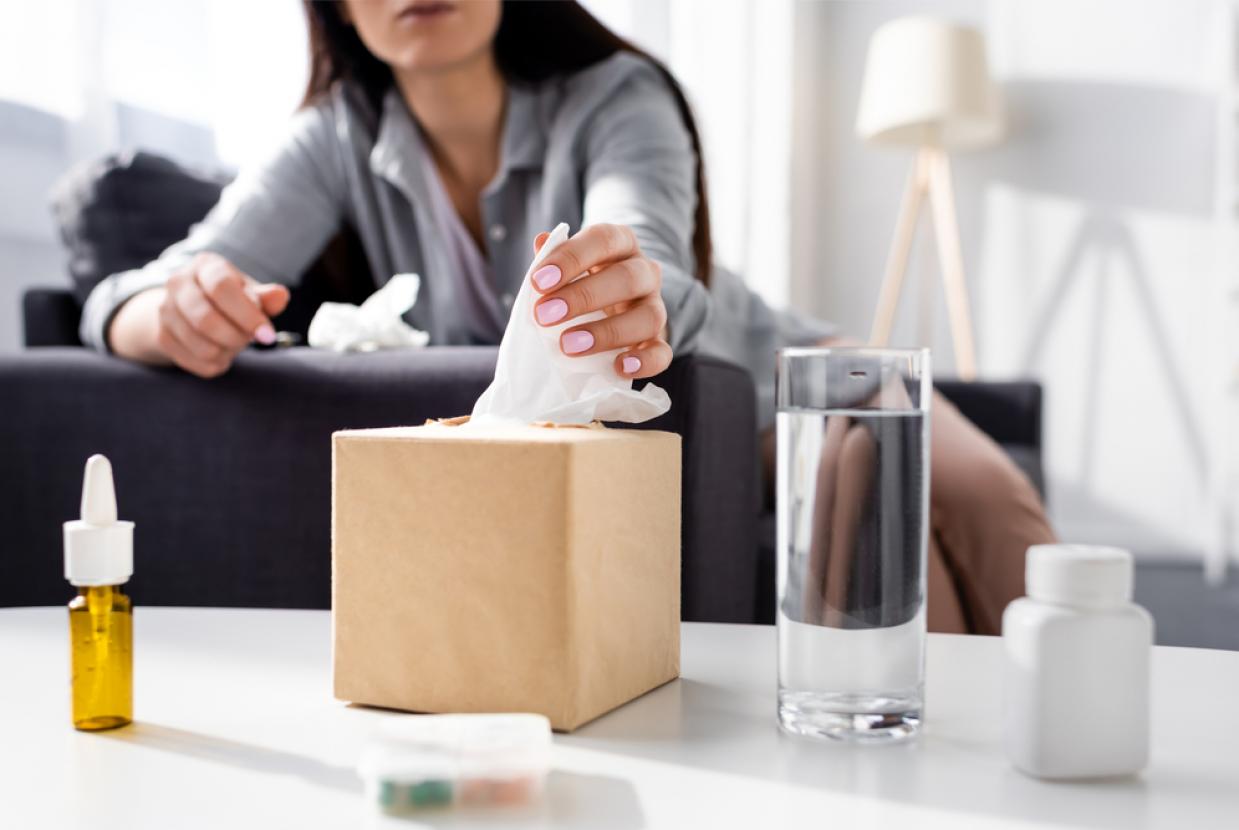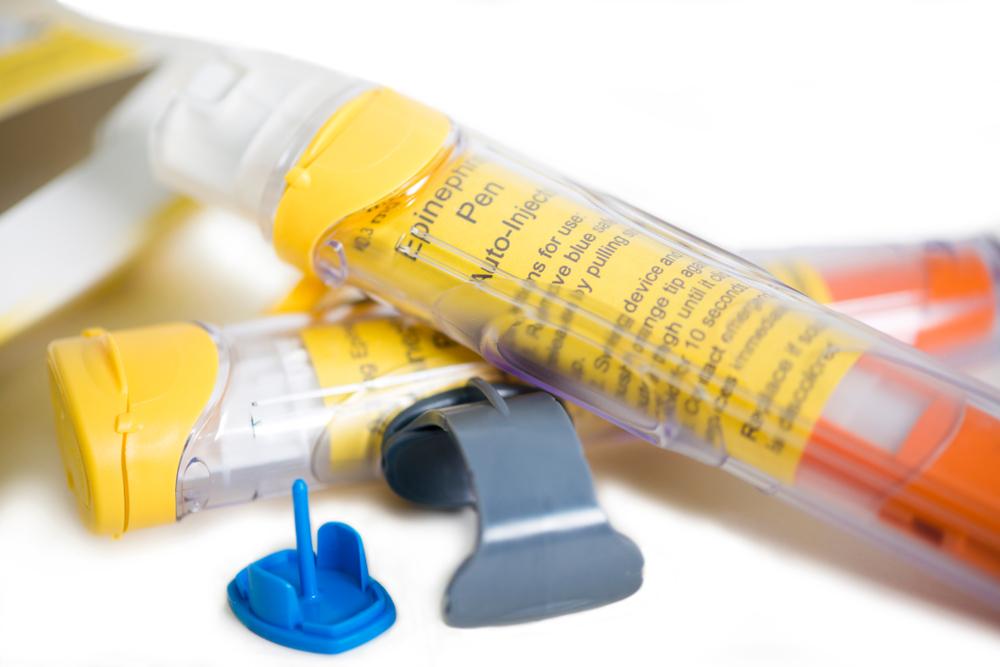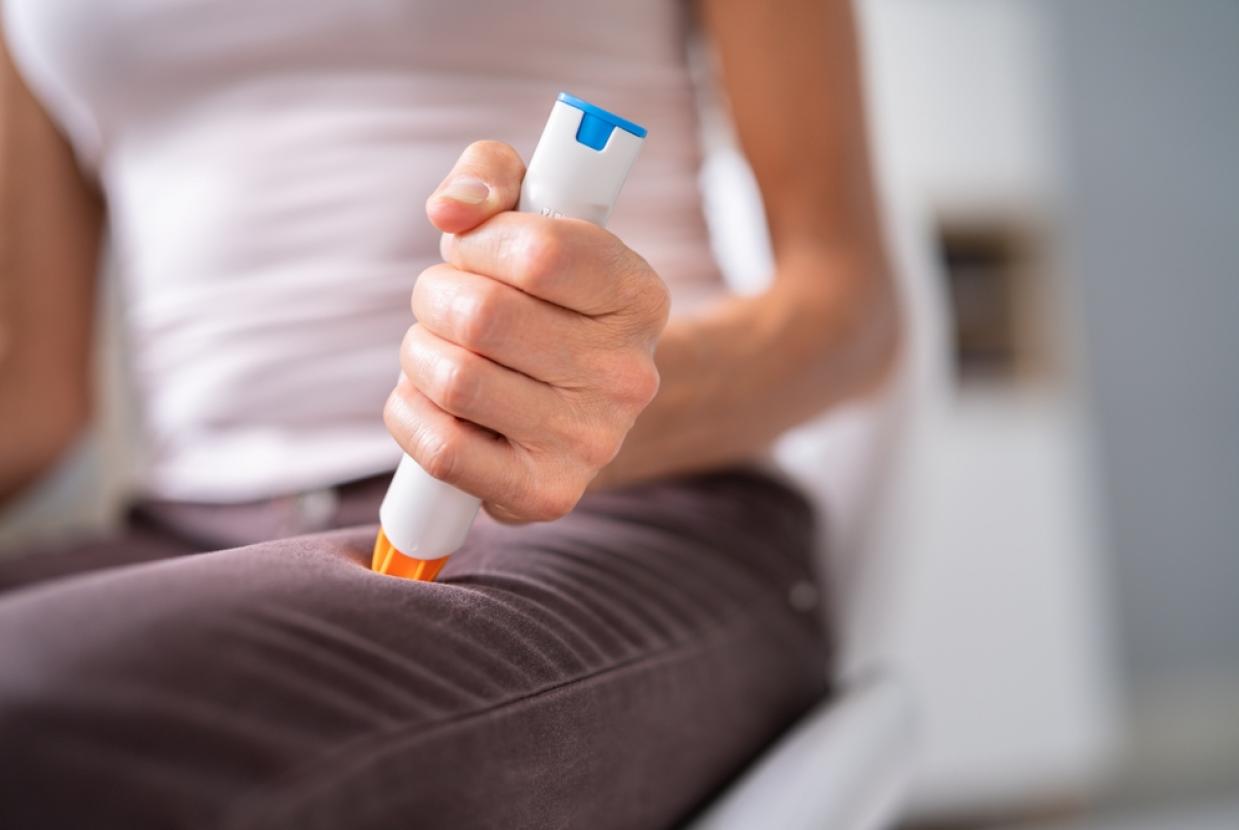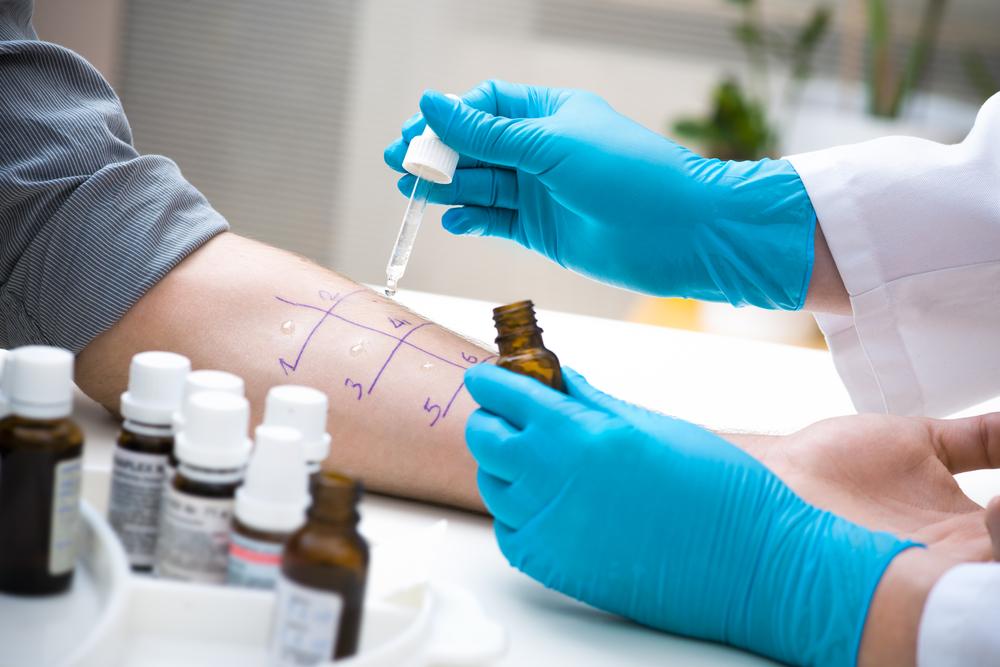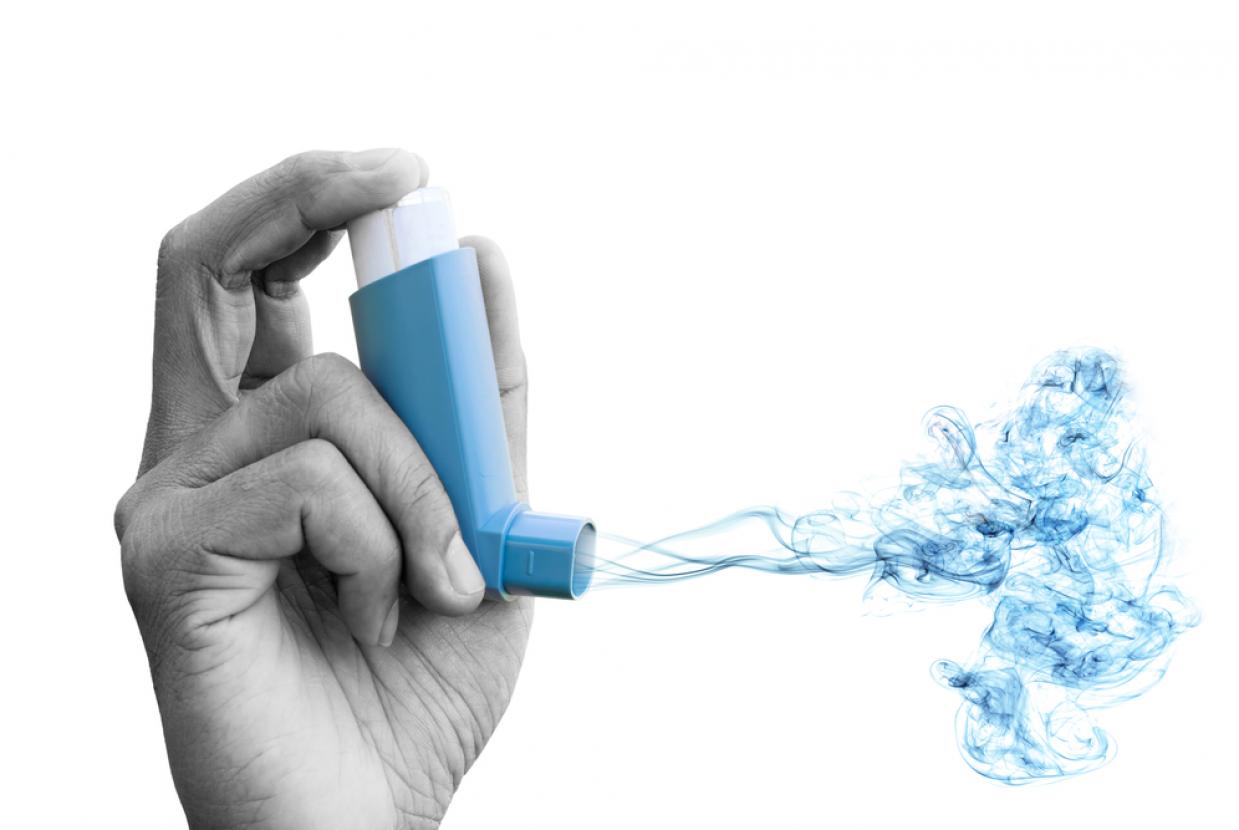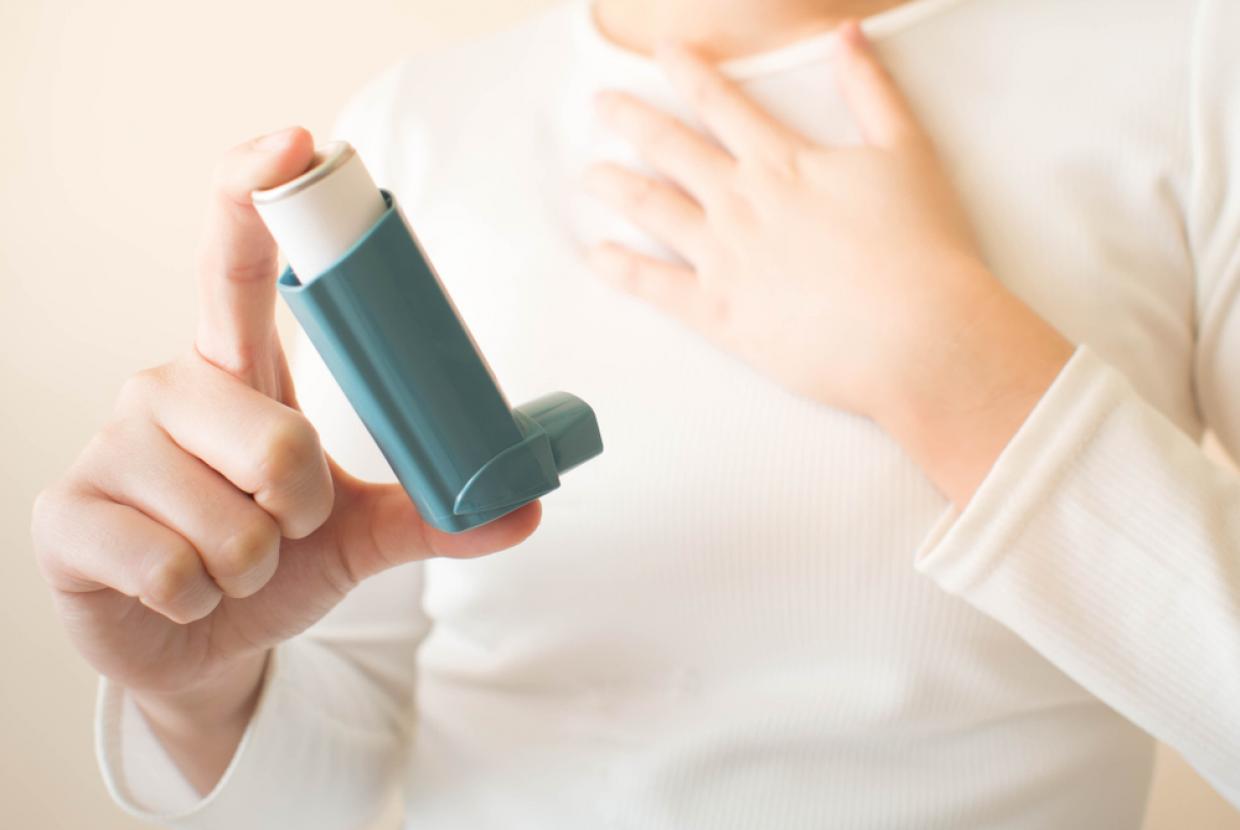What is Hay Fever?
Hay fever is a common allergic reaction which occurs at particular times of the year. It is known as seasonal rhinitis, sharing symptoms with perennial (year round) allergic rhinitis, but occurring as a reaction to pollen from grass, trees and weeds during the early spring and summer months. It can affect both adults and children.
What Causes Hay Fever?
It is caused when the body makes allergic antibodies (IgE) to certain substances, such as pollen, house dust mites or mould, which are known as allergens.
Grass pollen is the most common allergen (May to July), but tree (February to June) and weed (June to September) pollens can also cause the allergic reaction we know as hay fever. In perennial allergic rhinitis the symptoms continue all year round and usually relate to indoor allergens, such as house dust mites, pets, including birds, or moulds.
What Are the Symptoms?
- Itchy eyes/ throat
- Sneezing, blocked/runny nose
- Watering, red eyes (allergic conjunctivitis)
- Headaches, blocked sinuses
- Shortness of breath
- Tiredness
- The sensation of mucus running down the back of the throat, which can also be a symptom, is called ‘post-nasal drip’.
These symptoms may become more severe when the pollen count is high.
What Hay Fever Medications Could I Use?
The treatments prescribed for allergy control the symptoms and reactions; they do not cure the condition. Antihistamines are probably the best known type of allergy medication, and most are readily available from a pharmacy without prescription. However, there are a number of different types of antihistamines; some have been used for many years, some are improvements on old drugs, and new antihistamines are being developed all the time. While antihistamines used to have a reputation for making people drowsy, more modern antihistamines only occasionally have those side effects. These can be used on their own for mild hay fever or in combination with an intranasal steroid spray for moderate to severe symptoms.
How Do I Manage Hay Fever?
These unpleasant and sometimes debilitating symptoms can be relieved by avoidance of the allergic triggers and the use of antihistamines. Find our 3 top tips below:
- Monitor pollen forecasts daily and stay indoors wherever possible when the count is high (generally on warmer, dry days). Rain washes pollen from the air so counts should be lower on cooler, wet days
- On high pollen days, shower and wash your hair after arriving home and change your clothing
- Avoid drying washing on a clothes-line outside when pollen counts are high
- Apply an effective allergen barrier balm around the edge of each nostril to trap or block pollens and other allergens and help prevent a reaction.dr joy



